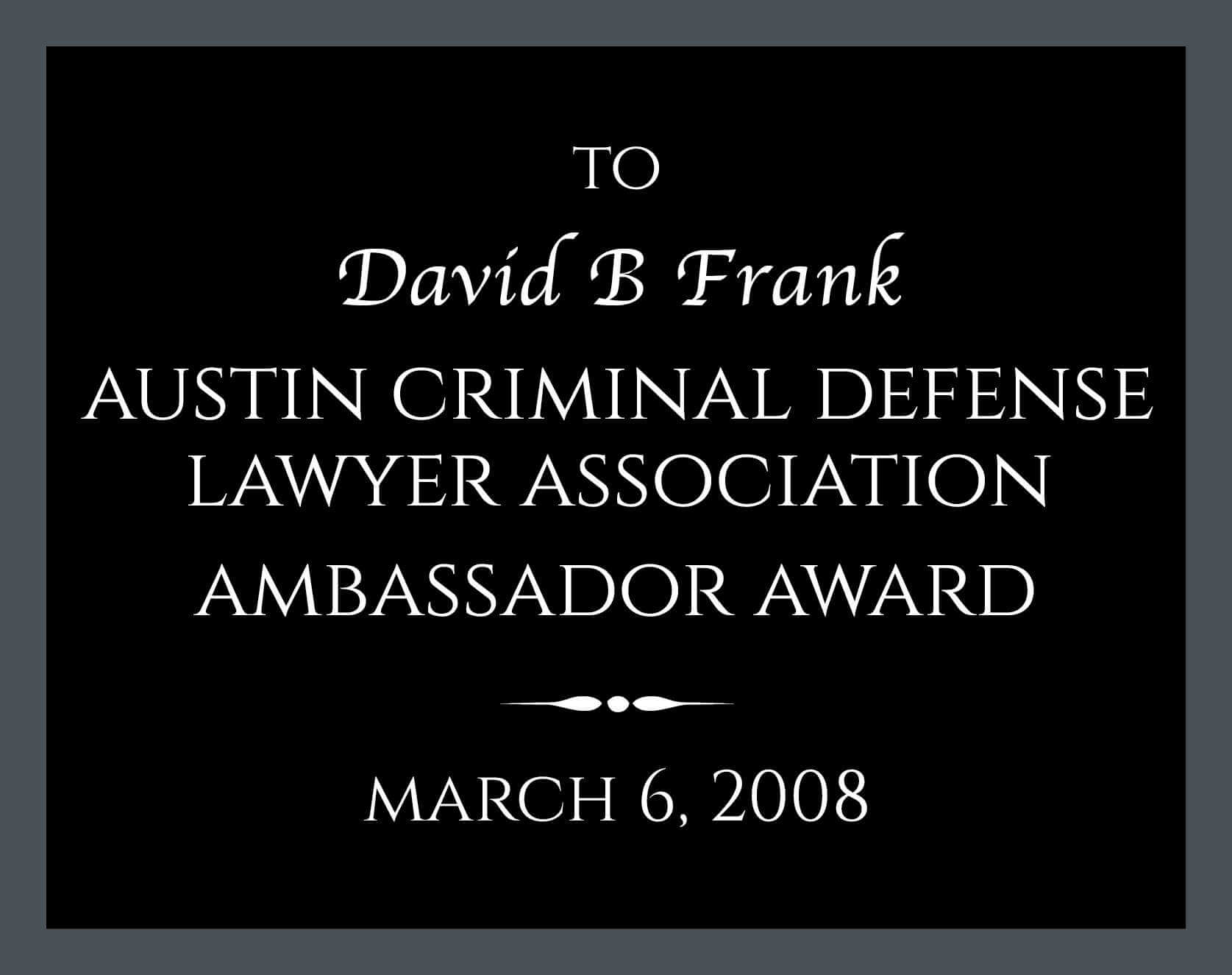
In Kentucky v. King, 563 U.S. 452, 460, 131 S. Ct. 1849, 1856–57, 179 L. Ed. 2d 865 (2011) the Supreme Court discussed the exigent circumstances exception to the warrant requirement stating that the exception applies when “ ‘the exigencies of the situation’ make the needs of law enforcement so compelling that [a] warrantless search is objectively reasonable under the Fourth Amendment.” King, at 460 quoting Mincey v. Arizona, 437 U.S. 385, 394, 98 S.Ct. 2408, 57 L.Ed.2d 290 (1978”).
King identified several exigencies that may justify a warrantless search of a home including the “emergency aid” exception where “officers may enter a home without a warrant to render emergency assistance to an injured occupant or to protect an occupant from imminent injury.” Police officers may enter premises without a warrant also when they are in hot pursuit of a fleeing suspect. Finally, the Court noted that the police may enter premises without a warrant when they need to prevent the imminent destruction of evidence. Any warrantless entry based on exigent circumstances must, of course, be supported by a genuine exigency. King at 470.
The exigency exception includes an exception for “hot pursuit,” pursuant to which “an officer may chase a suspect into a private home when the [suspect] has fled from a public place.” Smith v. Stoneburner, 716 F.3d 926, 931 (6th Cir.2013) (citing Warden v. Hayden, 387 U.S. 294, 298–99, 87 S.Ct. 1642, 18 L.Ed.2d 782 (1967)). See also United States v. Santana, 427 U.S. 38, 40, 96 S. Ct. 2406, 2408, 49 L. Ed. 2d 300 (1976) (The exigency exception includes an exception for “hot pursuit,” pursuant to which “an officer may chase a suspect into a private home when the [suspect] has fled from a public place.” Smith v. Stoneburner, at 931 (citing Warden v. Hayden, 387 U.S. 294, 298–99, 87 S.Ct. 1642, 18 L.Ed.2d 782 (1967)).
The exigent circumstances exception is applied commonly in narcotics investigations where drugs can be quickly destroyed. Courts have “expressed acceptance of the fact that the possibility of destruction of evidence is acute” and “particularly compelling” in narcotics cases because narcotics can be so quickly destroyed. United States v. Figueroa-Cruz, 914 F. Supp. 2d 1250, 1273 (N.D. Ala. 2012). The fear that stolen property might be quickly destroyed is not well supported in robbery cases. “For destruction of evidence to constitute exigency, evidence must be present that could be destroyed…. The mere suspicion that evidence may be present does not justify entry by the police; rather … the state must demonstrate probable cause to suspect that evidence was present at [appellant’s] residence.” United States v. Impink, 728 F.2d 1228, 1231 (9th Cir. 1984).
- King at 460 citing Brigham City v. Stuart, 547 U.S. 398, 403, 126 S.Ct. 1943, 164 L.Ed.2d 650 (2006) and Michigan v. Fisher, 558 U.S. 45, 49, 130 S.Ct. 546, 548, 175 L.Ed.2d 410 (2009).
- King at 460 citing United States v. Santana, 427 U.S. 38, 42–43, 96 S.Ct. 2406, 49 L.Ed.2d 300 (1976).
- King at 460 quoting Brigham City, supra, at 403, 126 S.Ct. 1943; see citing Georgia v. Randolph, 547 U.S. 103, 116, n. 6, 126 S.Ct. 1515, 164 L.Ed.2d 208 (2006); and Minnesota v. Olson, 495 U.S. 91, 100, 110 S.Ct. 1684, 109 L.Ed.2d 85 (1990).
- United States v. Figueroa-Cruz, 914 F. Supp. 2d 1250, 1273 (N.D. Ala. 2012).
- Tobin, 923 F.2d at 1511
- United States v. Young, 909 F.2d 442, 446 (11th Cir.1990).
- Police officers lacked exigent circumstances warranting entry into arrestee’s home without a warrant to arrest him on suspicion of robbery, even though arrestee’s wife allegedly lied to officers about her last name and the fact that arrestee lived in the house, where officers did not have a warrant to either enter the home or arrest the arrestee, officers were not chasing arrestee into his home after he fled from a public place, and there was no threat of destruction of evidence. Wilcox v. City of Detroit, 163 F. Supp. 3d 474, 479-80 (E.D. Mich. 2016).
Austin Criminal Defense lawyer
David Frank has been an Austin Criminal Defense lawyer since 1993. He is Board Certified in Criminal Law by the Texas Board of Legal Specialization. An attorney who is Board Certified by the Texas Board of Legal Specialization in Criminal Law must have experience in the preparation and trial of serious criminal matters. The attorney must also have extensive knowledge of state and federal constitutional law, evidence, procedure and penal laws involved in the trial of these matters.



Leave a Reply